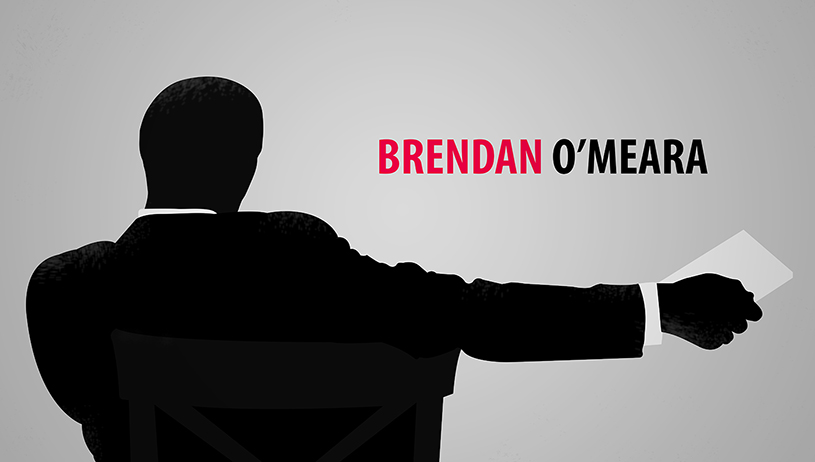Written by Brendan O’Meara
I was listening to The Moment with Brian Koppelman. It’s a great podcast for screenwriters, but also creatives in any genre. The principles of creativity are the same across all disciplines. First and foremost: get your ass in the seat and work. Don’t be a little shit like I was in this post. I could delete that post and pretend it never existed, but that would be dishonest and weak. Own it, yo.
What Koppleman and John Hamburg talked about in an earlier episode of The Moment was finding a movie (could be a book, essay, etc.) that inspires you. Take your favorite movie and get a notebook. Take notes throughout the whole movie. Pause the movie. Watch the movie five, six, seven times. What works? How did the director lay out the scenes? How did he sew them together? How does the dialogue work? The list goes on and on.
I’ve watched The Dark Knight probably 15 times. I’ve watched the ending to The Dark Knight probably 50 times. It sums up everything about the movie beautifully. The movie, in many ways, is about duality. “You either die a hero, or you live long enough to see yourself become the villain.” It’s illustrated in Two Face. It’s illustrated in the Batman v. Joker rivalry. It’s in the duality of Batman v. Bruce Wayne. Everything has its dipoles in this movie, positive and negative components of a magnet.
In the ending of The Dark Knight, Jim Gordon says of Harvey Dent (covering up the mess Dent made), “A hero, not the hero we deserved but the hero we needed.” Then as Batman runs into the night Gordon says, “Because he’s the hero Gotham deserves, but not the one it needs right now.” I love how Christopher Nolan and Jonathan Nolan flipped the wording. Again with the duality. The past and present tense. (It’s also classic Christopher Nolan cross-cutting.)
Whatever the creative medium, if you’re serious about your art, you stand on the shoulders of titans before you and you examine the what the why of their work. Football head coaches watch hours and hours and hours of game film, why? They’re trying to understand the inner workings of an opponent. In art there are no opponents, but the same measure of examination is imperative to those serious about the art.
I think The Great Gatsby is THE model of first-person storytelling. I’ve read it six times, but never with a notebook. When I read it again I’m going to peel back its facade to the scaffolding underneath. I recommend this to anyone, for anyone.
It’s the dirty work that goes unseen.

